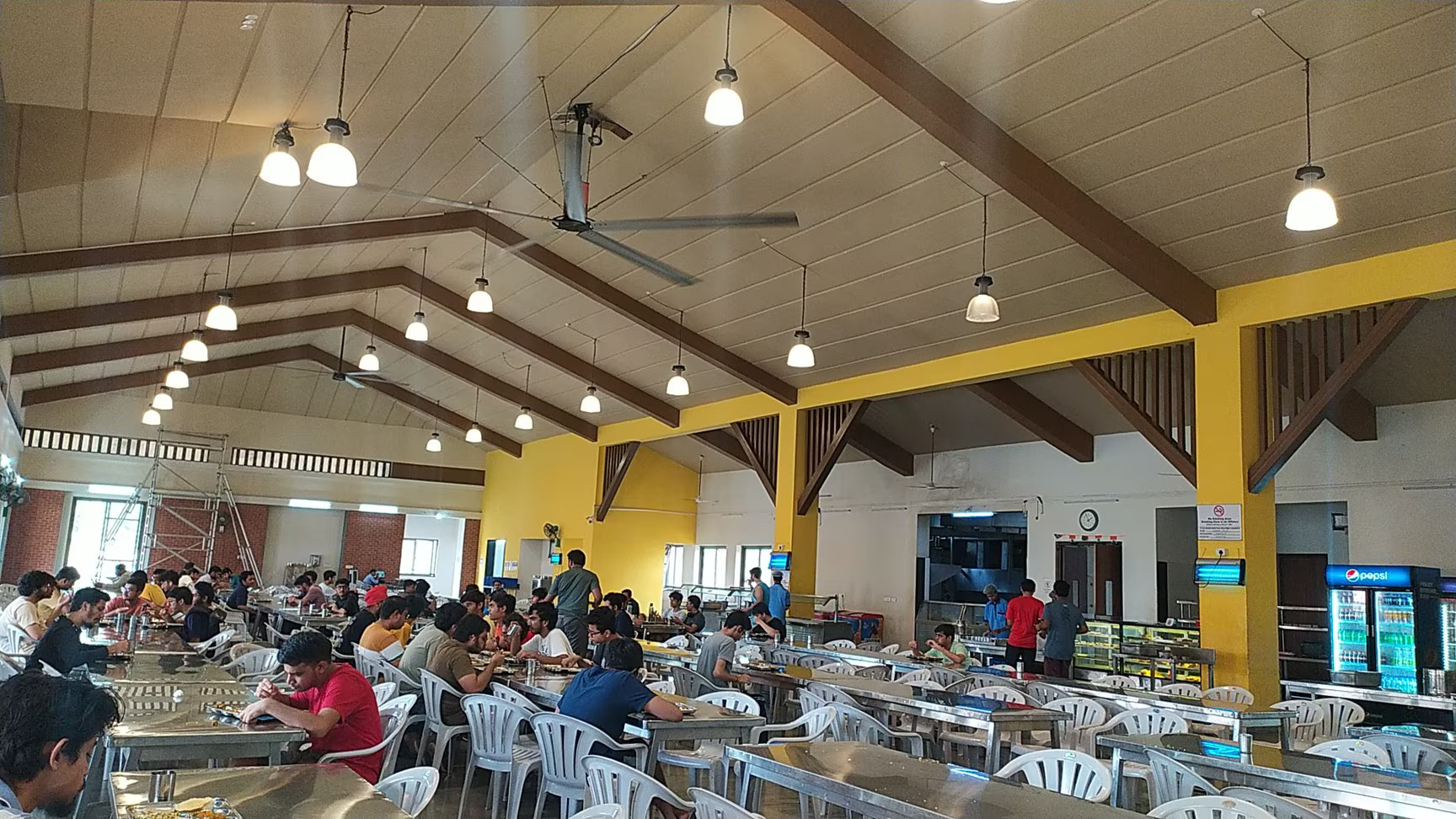Old age can prove to be a tough time for many, but if the latest study is to be believed, Mediterranean diet for a year may help reduce frailty in old age, make minds sharper and increase the quality of life for the elderly. The study was published in the journal 'Gut'. The study revealed the beneficial effects of Mediterranean diet and how it boosts the types of gut bacteria linked to 'healthy' ageing, while reducing those associated with harmful inflammation in older people.
Since ageing is associated with deteriorating bodily functions and increasing inflammation, the diet might act on gut bacteria in a way that may help curb the onset of frailty and cognitive decline in old-age.
"Older people may have dental problems and/or difficulty swallowing, so it may be impractical for them to eat a Mediterranean diet," they added. But the beneficial bacteria implicated in healthy ageing found in this study might yet prove useful therapeutic agents to ward off frailty, said the study researchers led by University College Cork in Ireland.
About 12 people aged between 65 to 79 years were involved in the study before and after 12 months of either eating their usual diet or a Mediterranean diet rich in fruits, vegetables, nuts, legumes, olive oil and fish and low in red meat and saturated fats and specially tailored to older people.
There were many categories of participants, the ones who were either frail, on the verge of frailty, or not frail at the beginning of the study. They lived in five different countries: France, Italy, Netherlands, Poland, and the UK.
The beneficial changes to the gut microbiome may do wonders for old people, the researchers suggested.
According to researchers, frailty could be associated with loss of bacterial diversity. The recent study said that an increase in the types of bacteria previously associated with several indicators of reduced frailty, such as walking speed and hand grip strength, and improved brain function; and with reduced production of potentially harmful inflammatory chemicals. Therefore, necessary steps must be taken to keep the gut microbiome diverse and active.
Microbiome changes were associated with an increase in bacteria known to produce beneficial short-chain fatty acids and a decrease in bacteria involved in producing particular bile acids, overproduction of which are linked to a heightened risk of bowel cancer, insulin resistance, fatty liver, and cell damage.
The beneficial bacteria thrived in response to the Mediterranean diet. The diet rich in nuts, olive oil, cheese and greens facilitated a stable 'gut ecosystem' and pushing out those microbes associated with indicators of frailty.
Some vitamins and minerals--specifically, C, B6, B9, copper, potassium, iron, manganese, and magnesium could be particularly beneficial, the researchers said.
(This content including advice provides generic information only. It is in no way a substitute for qualified medical opinion. Always consult a specialist or your own doctor for more information. NDTV does not claim responsibility for this information.)











